It seems impossible, in retrospect, that I managed to avoid seeing Andrew Lloyd Webber's Cats as long as I did. A drama critic for 16 years and a lifelong musical theater fan, I came of age in the 1980s, a decade in which commercial musical theater was dominated by Lloyd Webber and the bombast that characterized his shows (and those of a few fellow spirits), right down to their ad campaigns. "Now and forever," Cats' proclaimed, to which I muttered, "Not in this lifetime."
But now indeed, like Donald Trump, Cats is back, and I thought that out of professional diligence I should at least check out the latter's second act. (The original Broadway production closed just as I was starting to review theater, in 2000, after a run of nearly 18 years.) I was also genuinely curious as I arrived at the Neil Simon Theatre last Monday, accompanied my daughter, who at nine is likely closer in age to most cast members in the new revival than I am.
The youth of the company turned out to be a key factor, even if the behind-the-scenes players in this staging--based, like the original, in the U.K.--are predominantly old-timers, led by original director Trevor Nunn. (Scenic and costume designer John Napier and Lloyd Webber's co-orchestrator David Cullen have also been retained from the original production, though Hamilton's Andy Blankenbuehler was enlisted to provide choreography "based on" Gillian Lynne's.) Cats' bombast is inextricably linked to its score, which most people over 35 either love or hate. I became acquainted with it, as most did, through the once-inescapable ballad "Memory," a song that seemed to congeal in my ears on contact. The rest of Cats' music remains, for me, largely forgettable, a slick pastiche nodding to music hall as well as the electronic pop of its day and the classic and orchestral rock Lloyd Webber has always cherished, now being celebrated in his adaptation of School of Rock. If none of the other tunes quite match "Memory"'s unctuousness, they also lack its ear-worm quotient.
Yet there were these young performers at the Neil Simon, presenting this material I'd dismissed so readily and for so long with a relish that clearly owed to more than Nunn's coaxing, or their relief in having steady jobs. Their enthusiasm was infectious, and carried with it a spirit of camaraderie and empathy that I couldn't reconcile with my long-held perception of the show--based, admittedly, on recordings and excerpts--as brassy and superficial.
It occurred to me that they had been introduced to Cats, and to Lloyd Webber generally, in a completely different context than I was. By the time most of them were taking dance classes and acting in school productions, his oeuvre was already becoming the stuff of nostalgia. As millennials, they had surely been weaned on megamusicals--Lloyd Webber's The Phantom of the Opera, Les Miserables, The Lion King--but grew up in a mass culture steeped increasingly in willful irony. The hit musicals of their teen years and young adulthood, from The Producers to The Book of Mormon, owed little of their appeal to either spectacle or sentiment--or music, for that matter.
But if pop culture has taught us anything in the past decade or so, it's that the greatest sin in art isn't sentimentality, but the fear of it. The heart cannot be ignored, in good or bad times, and cer-tainly not in a medium in which characters regularly break into song and dance. Even the most famously clever of musical theater artists, Stephen Sondheim--Oscar Hammerstein II's protege, lest we forget--has always understood this, and put the emotional acuity of his music and lyrics first. Hamilton's Lin-Manuel Miranda, an enormous fan of both Sondheim and Lloyd Webber, does the same.
If Lloyd Webber never proved as adept at transcending sentimentality, he has undeniably given fans moments of bliss and catharsis on his own terms. Cats doesn't represent his best work as a composer. I have a soft spot for Evita, and am sympathetic to arguments on behalf of Jesus Christ Superstar. Both shows, not incidentally, feature central characters with grand aspirations and epically tragic arcs.
The feline figures Lloyd Webber and Nunn adapted from T.S. Eliot are not as fully developed; we get to know most of them only briefly. But the singer/dancer/actors I saw last week, among them a few genuine triple threats, were eager to mine their implicit humanity, and made me wonder what hidden depths I might have missed in the previous incarnation. The aging characters seemed especially poignant, from Old Deuteronomy (a stately Quentin Earl Darrington) to the veteran trouper Asparagus (Christopher Gurr, droll and haunting), paid delicate homage in Gus The Theatre Cat.
Grizabella, the faded glamour cat who sings "Memory," is played here by the 31-year-old pop star Leona Lewis, who affects a slow, labored gait and a deep sense of shame. The other characters regard her at first with disdain and dread; observing her has awakened their own fear of mortality. My daughter was more taken with the lighter moments: the mischievous rapport in Mungojerrie and Rumpelteazer, rendered by a piquant Jess LeProtto and Shonica Gooden, and The Old Gumbie Cat, featuring the wonderfully spry, witty dancer Eloise Kropp as Jennyany-dots, in sparkling tap shoes.
When I asked for her thoughts on the show, my tween declared, "It wasn't Hamilton," but quickly added, "I really liked it. And I want those shoes." The next morning, she searched for "Jellicle Songs For Jellicle Cats" on YouTube, found a lyric video and began singing along. I listened--perhaps it was a little catchier than I'd acknowledged. We can never dissociate music from the context in which we listen, especially for the first time, but also under fresh circumstances. I'm grateful for the reminder.
Elysa Gardner formerly covered theater and music for USA Today. She has also contributed to Rolling Stone, Los Angeles Times, The New Yorker, and VH1.




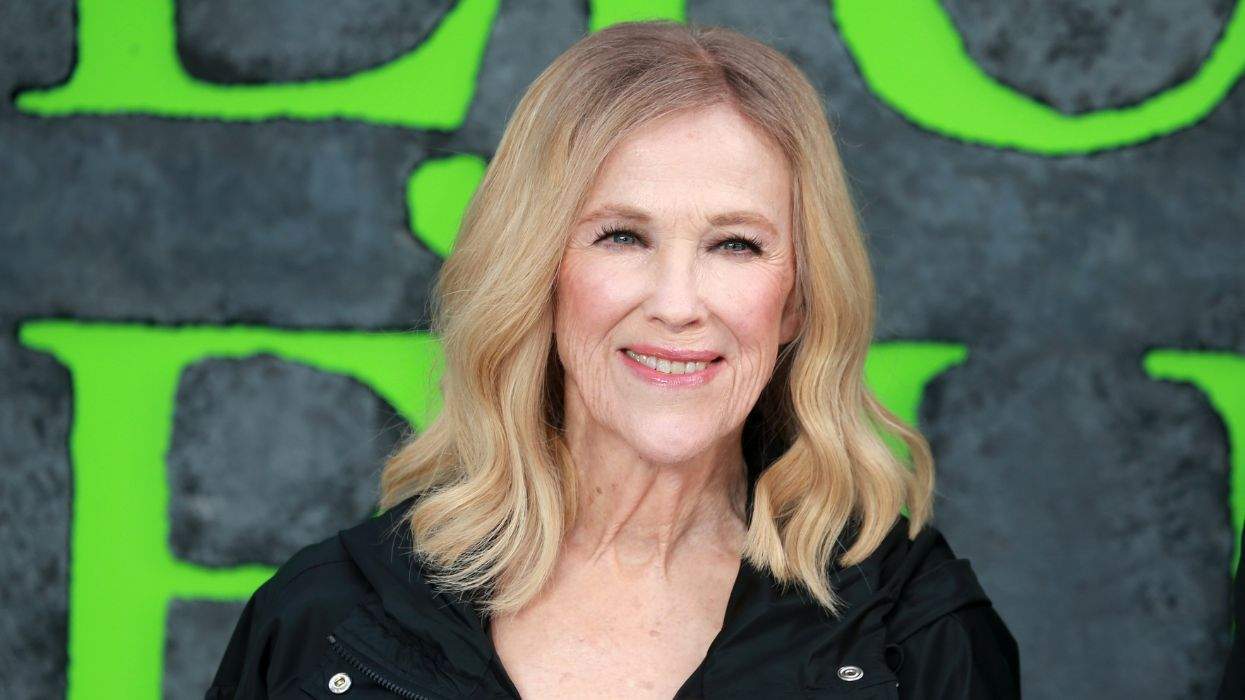


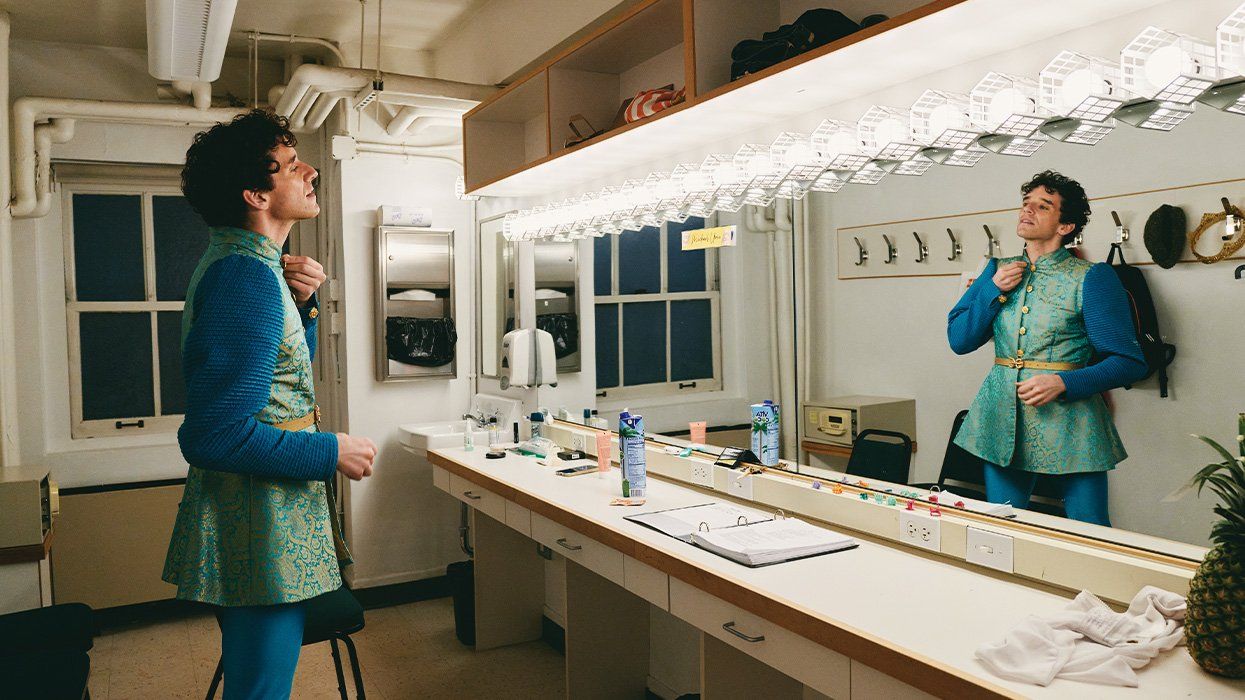

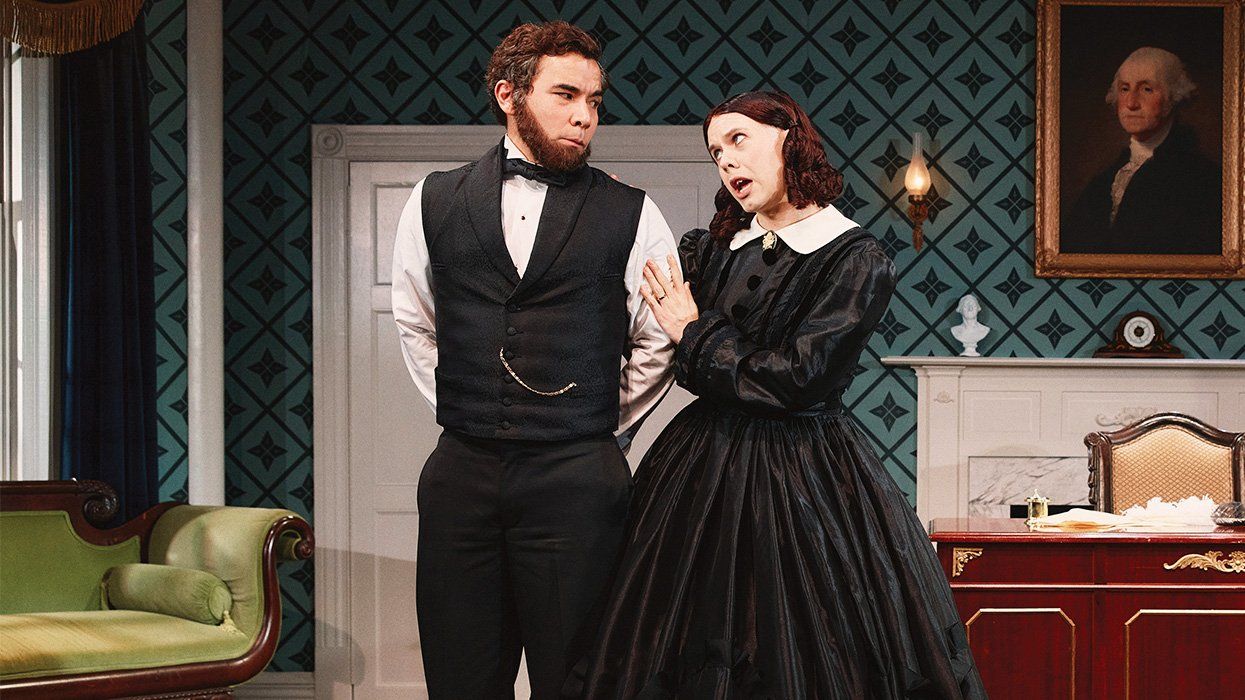

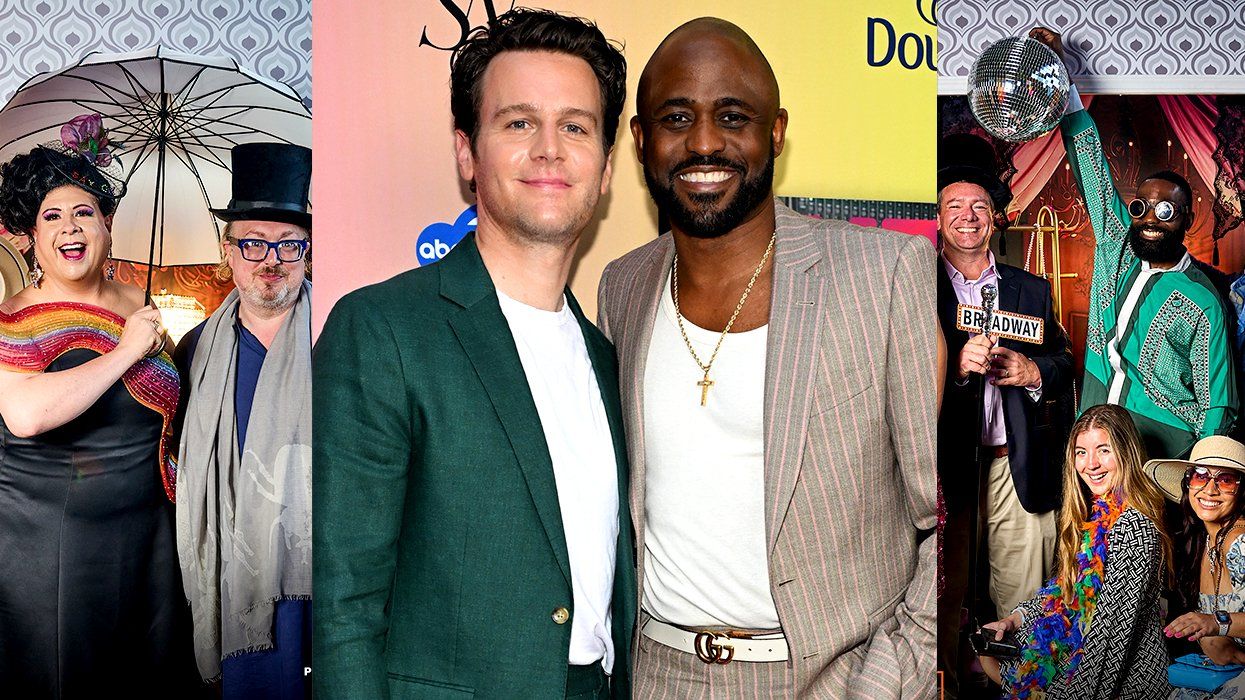







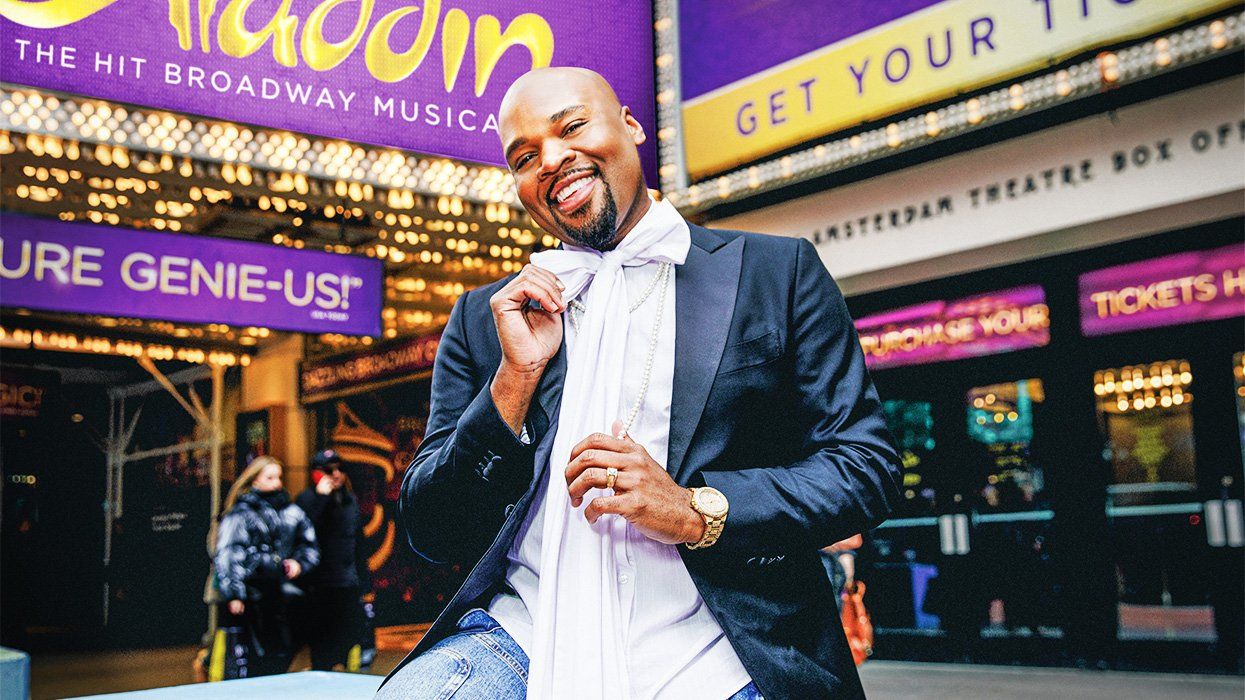
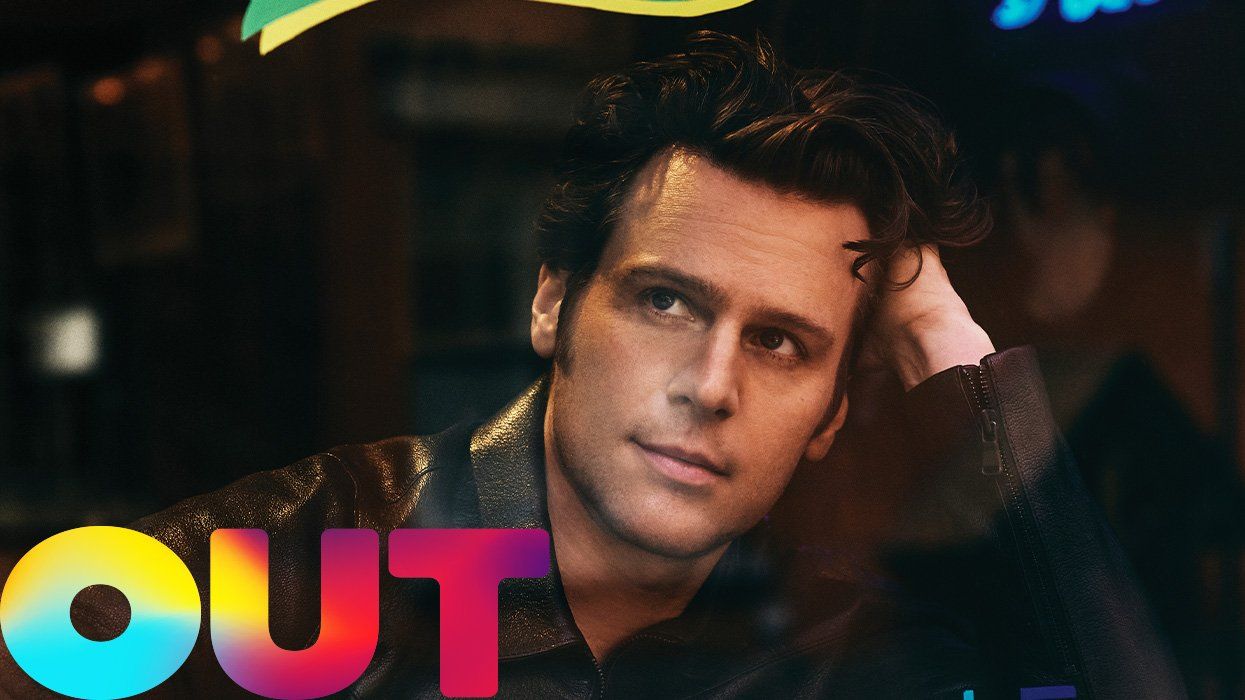

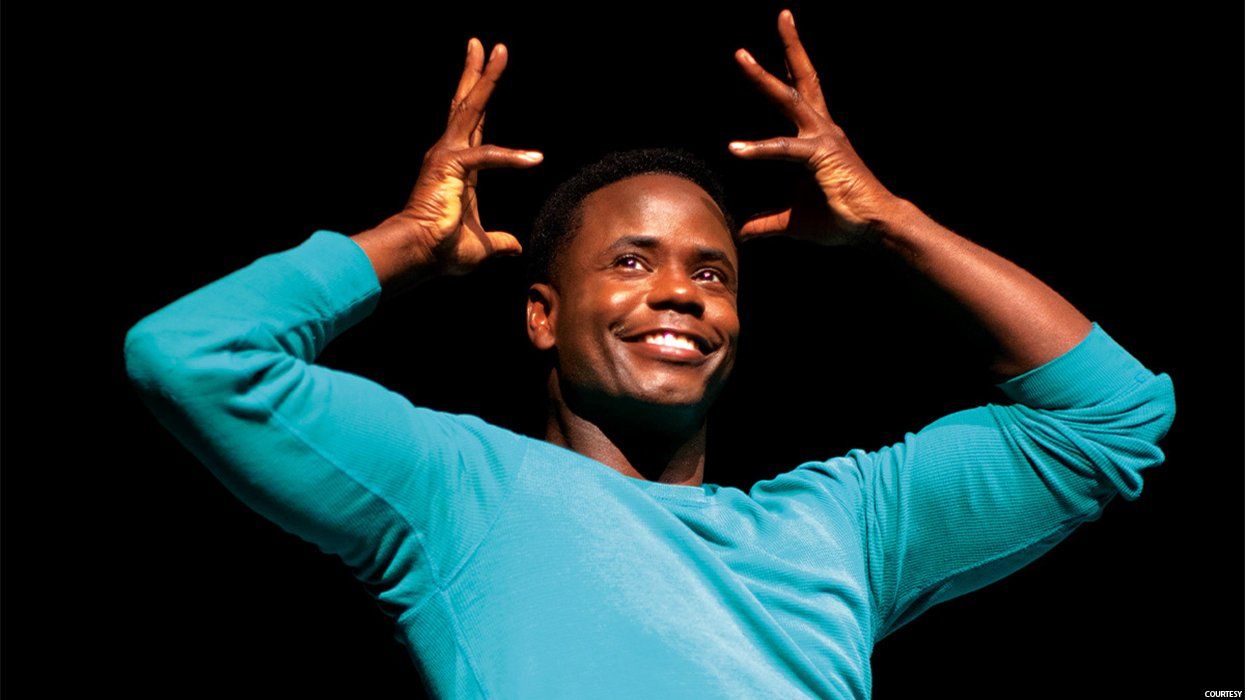

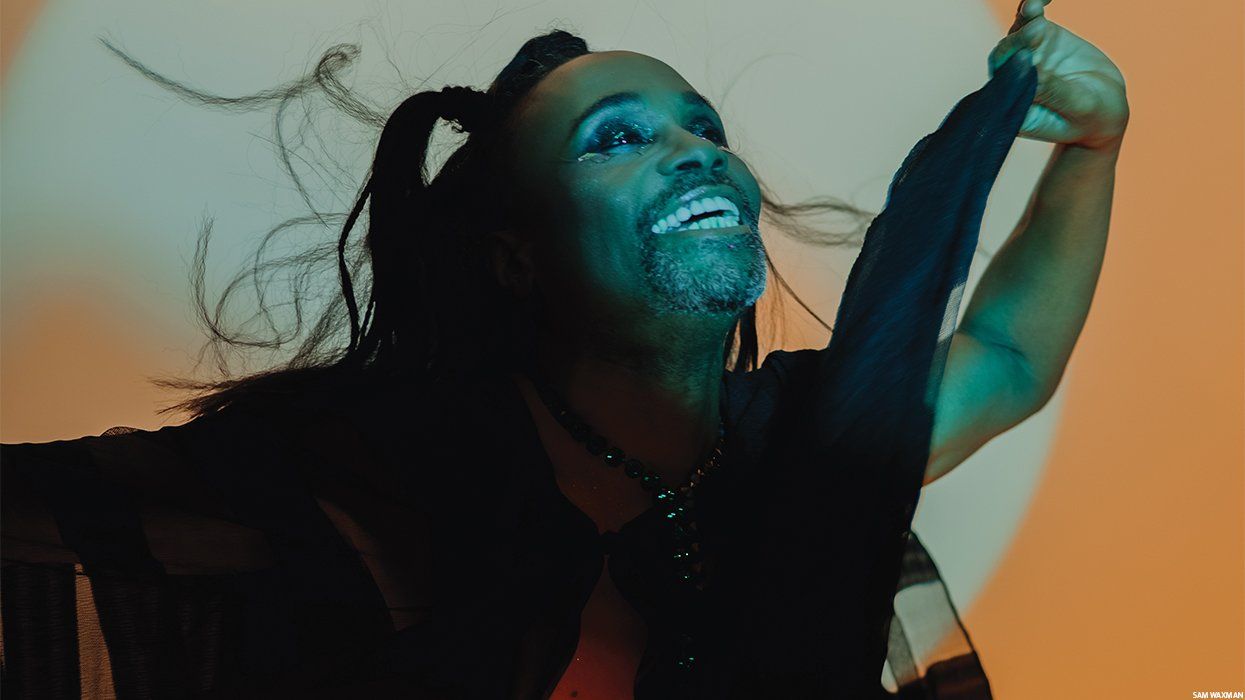

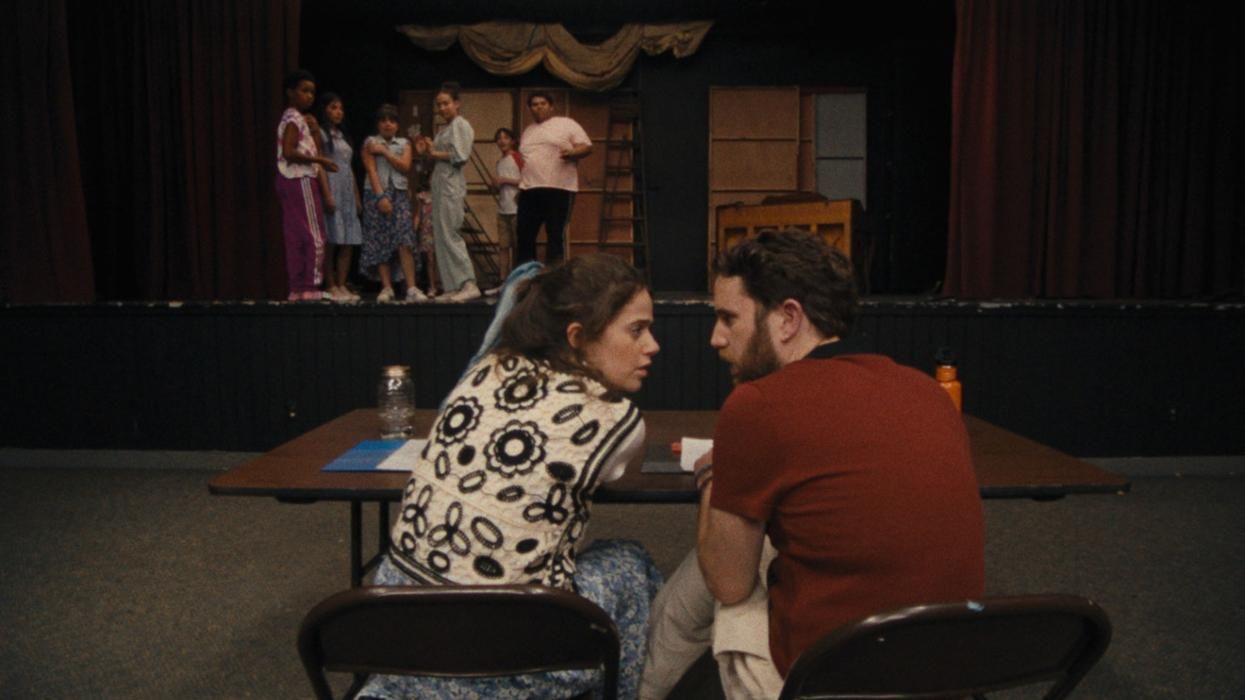



The racist, homophobic, and frightening arrest of Don Lemon
Opinion: It’s not a coincidence or an accident that Lemon, and other Black journalists were targeted by the Trump Justice Department, writes John Casey.